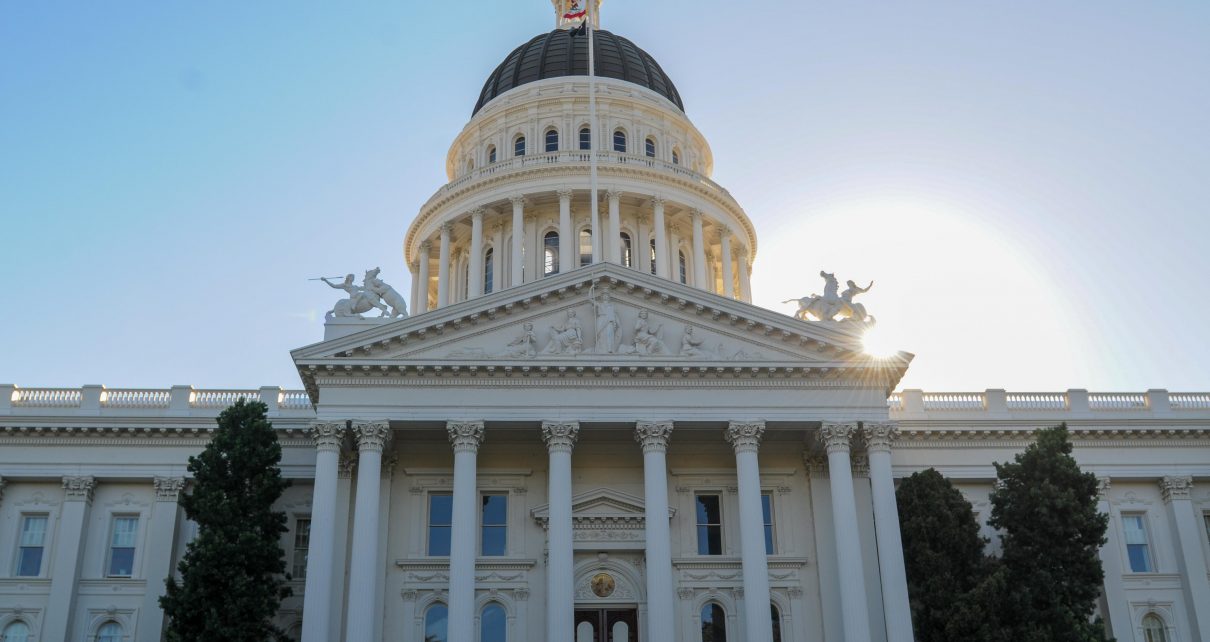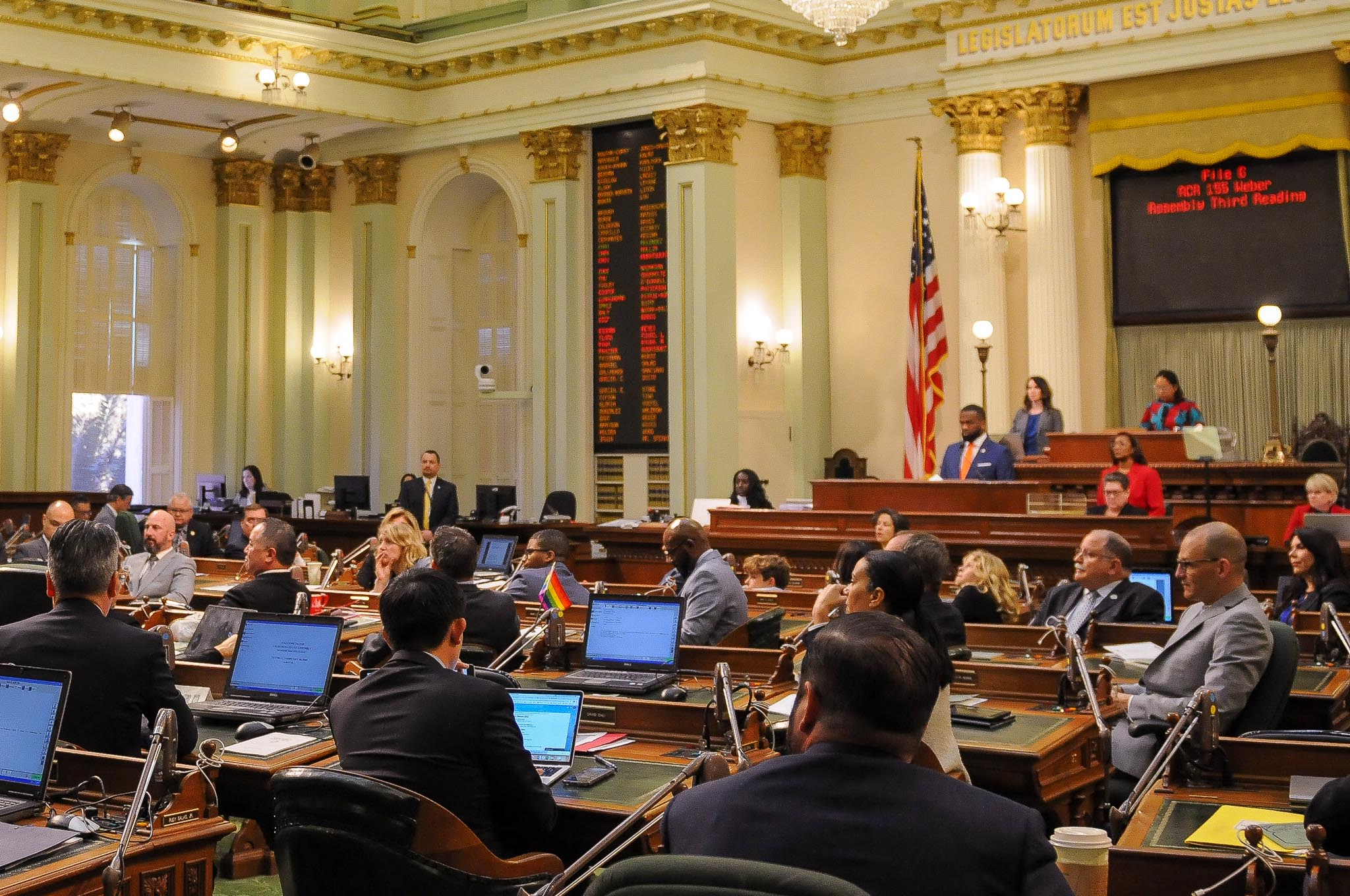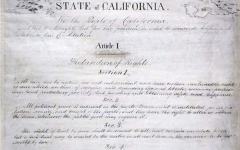
California State Capitol. (Photo: Kevin Sanders for California Globe)
California Courts and the Legislature’s Budget Authority
The Controller is not a party to the enactment of the budget bill
By Chris Micheli, January 6, 2025 2:30 am
Both the Legislature and the Governor in California play critical roles in the development and adoption of the state budget. Relevant provisions of state law related to the budget process are contained in Article IV of the state Constitution. So, how have California courts viewed the role of the Legislature in the budget process? The following are two recent examples:
National Asian American Coalition v. Newsom, 33 Cal.App.5th 993 (2019)
The Legislature has plenary lawmaking authority over the state’s budget. Unless the Legislature clearly conveys a contrary intention, it is the policy of the law to have funds authorized for a particular purpose expended for such purpose. Money misappropriated from a special deposit fund is considered a loan by operation of law and a writ of mandate may issue to direct reimbursement. Separation-of-powers principles limit judicial authority over appropriations. Article IV, sections 10 and 12 set forth the respective powers of the Legislature and Governor over the enactment of appropriations. It has long been clear that these separation-of-powers principles limit judicial authority over appropriations. [Citations.]” (Butt v. State of California (1992) 4 Cal.4th 668, 698)
Steinberg v. Chiang, 223 Cal.App.4th 338 (2014)
The Legislature’s estimate of revenues used to determine whether the state budget complies with the balanced budget provision of the state constitution may include revenue sources not yet authorized in existing law or in trailer bills. Cal. Const. art. 4, § 12(g). Under the single subject provision of the state constitution, the budget bill is limited to the one subject of appropriations to support the annual budget.
All that the balanced budget provision prescribes for the budget bill is inclusion of a legislative estimate of revenues “made as of the date of the budget bill’s passage” that exceeds the combination of the total amount of appropriations in the bill, the existing appropriations for the upcoming fiscal year, and transfers to the reserve fund. (Cal. Const., art. IV, § 12, subd. (g).) The balanced budget provision does not prescribe the manner in which the Legislature must calculate this estimate, the nature of the revenue sources the Legislature may or may not take into account, or any role for the Controller in overseeing the estimate.
The constitutional text does not in any way expressly support the Controller’s assertion that the Legislature must enact any revenue bills (which cannot be part of the budget bill itself) along with identified trailer bills in the budget before the constitutional deadline of June 15. Indeed, the Controller overlooks the extent to which California balances its budget with federal funds, the authorization for which is entirely outside the control of the Legislature (and the predicted total of which bespeaks more legislative artistry than accounting skills).
Consequently, where the Legislature is the entity acting indisputably within its fundamental constitutional jurisdiction to enact what it designates as a balanced budget, the Controller does not have audit authority to determine whether the budget bill is in fact balanced. In addition, it would not make any sense as a matter of statutory interpretation to believe the Legislature granted such statutory review authority in defining the Controller’s powers where the Legislature in turn can ultimately override the Controller’s decision. As a result, the Controller is not a party to the enactment of the budget bill.
The appellate courts in California view the adoption of the state budget to involve only the legislative and executive branches of state government. As such, the Legislature and Governor have authority to estimate revenues and expenditures and determine how, where, and for what purpose appropriations are to be made as part of the state budget.
- Monetary Deposits in Court - January 30, 2026
- Jurisdiction for Eminent Domain Cases - January 29, 2026
- Child Support Program Costs - January 29, 2026




